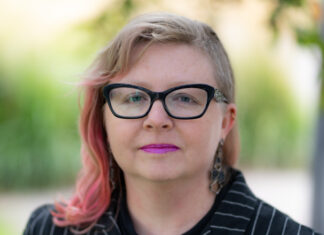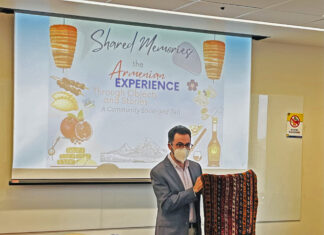By Thomas C. Nash
Special to the Mirror-Spectator
BOSTON — Nearly five years after the Assembly of Turkish American Associations (ATAA) first filed a lawsuit challenging the teaching of the Armenian Genocide in Massachusetts classrooms, well-known First Amendment attorney Harvey Silverglate argued before an appeals court last week that not including material denying it occurred violated the students’ rights.
The appeal follows US District Court Chief Judge Mark L. Wolf’s dismissal of the case last June. Wolf’s ruling largely focused on the argument that curricula represent protected government speech.
Silverglate, who filed an appeal shortly after Wolf’s ruling, argued March 2 before the US First Circuit Court of Appeals that the reasoning behind the dismissal ignored the fact that other dark areas of history included in the guide, such as the Irish Potato Famine, included multiple points of view on how they happened.
“[Students] were deprived of two sides of a controversy …whereas in all other areas the guide contained multiple points of views,” Silverglate said. “They didn’t even know about [other views] until they heard it from their teachers.”
The suit, filed in October 2005, includes the ATAA alongside two high school teachers and a student as plaintiffs.









